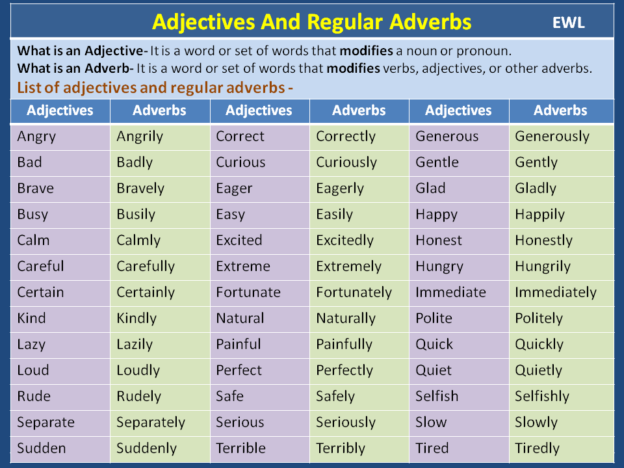Read the following passage carefully
SCHOOL BULLIES
I still remember- my hands and my finger tips -still remember what used to lie in store for us on our return to school from the holidays. The guava trees in the school yard would be full leaf again and the old leaves would be strewn around in scattered heaps. In places there were even more than just heaps of them: it would be a muddy sea of leaves.
“Get all that swept up,” the headmaster would tell us “I want the whole place cleaned up at once.” At once! There was enough work there, damned hard work too, to last us for over a week. Especially since the only tools with which we were provided were our hands, our fingers and our nails.
“Now see that it’s done properly, and be quick about it ,” the head master would say to the older pupils, “or you’ll have to answer for it.” So at an order from the older boys, we would all line up like peasants about to reap or glean a field, and we would all line up like members of a chain gang. If the work was not going as fast as the head master had expected, the boys instead of giving us a helping hand, used to find it simpler to whip us with branches pulled from the trees.
In order to avoid these blows, we used to bribe our tyrants with the succulent cakes of Indian corn, the couscous made of meat or fish which we used to bring for our midday meal. And if we happened to have any money on us, the coins changed hands at
once. If we did not do this, if we were afraid to go home with a empty stomach or an empty purse the blows would be redoubled. They were administered with such furious generosity and with such diabolical gusto that even a deaf mute would have gathered that we were being flogged not so much to spur us on to work , but rather to lash us into a state of submissiveness In which we would be only too glad to give up our food and money.
Occasionally, one of us, would have the courage to complain too the headmaster. He would of course be angry, but the punishment he inflicted on the older boys was always negligible. And the fact was that however much we complained, our situation did not improve in the slightest. Perhaps we should have let our parents know what was going on, but somehow we never dreamed of doing so, I do not know whether it was loyalty or pride that kept us silent, but I can see now that we were foolish to keep quiet.
(Adapted from: The African Child by Camare Laye
Answer by selecting your best alternatives:
- When the boys returned to school from holidays, the compound was
- scattered in heaps
- a muddy sea of leaves
- ready to reap or glean
- a chain gang
- If the work did not go as quickly as expected, the big boys.
- Whipped the small ones.
- helped the small ones
- fought each other
- fought with the head master
- Succulent as used in the passage means
- juicy and tasting good.
- beautiful and tasting good
- dry but sweet
- big and sweet
- The punishment inflicted on the bigger boys was
- the same as what they had done.
- harsh, considering what they had done.
- not as harsh as what they had done.
- generous due to what they had done.
- The smaller boys did not report to their parents because
- The head master handled it
- they were loyal and proud
- they had food and money.
- it is not clear.
SOLUTIONS:
The methodologies used to arrive at the correct answer should be:
- Outright Comprehension.
- Elimination method.
Answers. 1.B. 2.A. 3.A. 4.C. 5.D

